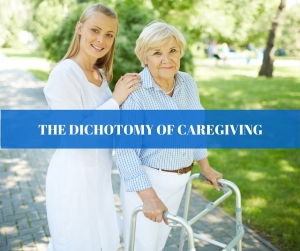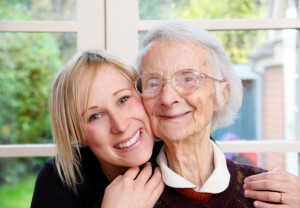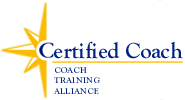 Caregiving is a verb, an action , but NOT a noun. It is what we do and yet not who we are.
Caregiving is a verb, an action , but NOT a noun. It is what we do and yet not who we are.
Beyond the requirements of caregiving, you have an identity, a life, a mission and personal responsibility.
And yet , when asked, most caregivers define themselves by what their caregiving role requires of them.
Learning What Your Caregiving Role Is
Whether caregiving an elderly family member, a disabled child ,spouse or friend, most caregivers experience periods of diminshed personal identity.
They assume a shadow position behind the prevailing needs of the person for whom they care. Caregivers often describe themselves with “condition” terms such as exhausted, overwhelmed, isolated and unappreciated.
Even the most dedicated and selfless family caregivers have elements of these emotions .
This can accurately capture what caregivers experience but is not the full measure of a caregiver’s identity.
One must re-connect with who one is beyond the duties and responsibility of caring for another. Re-boot contact with friends. Meet for coffee. Go to a movie. Plan a walk. Take a drive. Listen to favorite music. Be responsible for making time to re-charge and refresh.
Commit to a scheduled time every day – even fifteen minutes- just for you. This is a critical step in retrieving and re-establishing care for you.
The National Alliance for Caregiving at caregiver.org provides additional information on facts and resources for those 65 million of us providing support and care for family members.
This agency suggests steps to lessen the fatigue including :
- Connection with groups developed to support caregivers. Contact the local Area Agency for Aging for recommended groups.
- Exercise in any form of physical activity. This will help lessen the fatigue and depression that accompany caregiving tasks.
- Maintain your original relationship role with the person for whom you care. For example- if your are caring for your parent, maintain that parent child role. This will help preserve much-needed dignity during the caregiving process.
- Find and befriend an internal calm. Meditation and mindfulness practice are two examples.
- Seek and accept help– from neighbors ,friends, family members, church groups and community adult care groups.
It helps to share with someone who knows the path and understands the challenges. I can be that person for you. Please contact me as to how I can support you during the process of caregiving.







